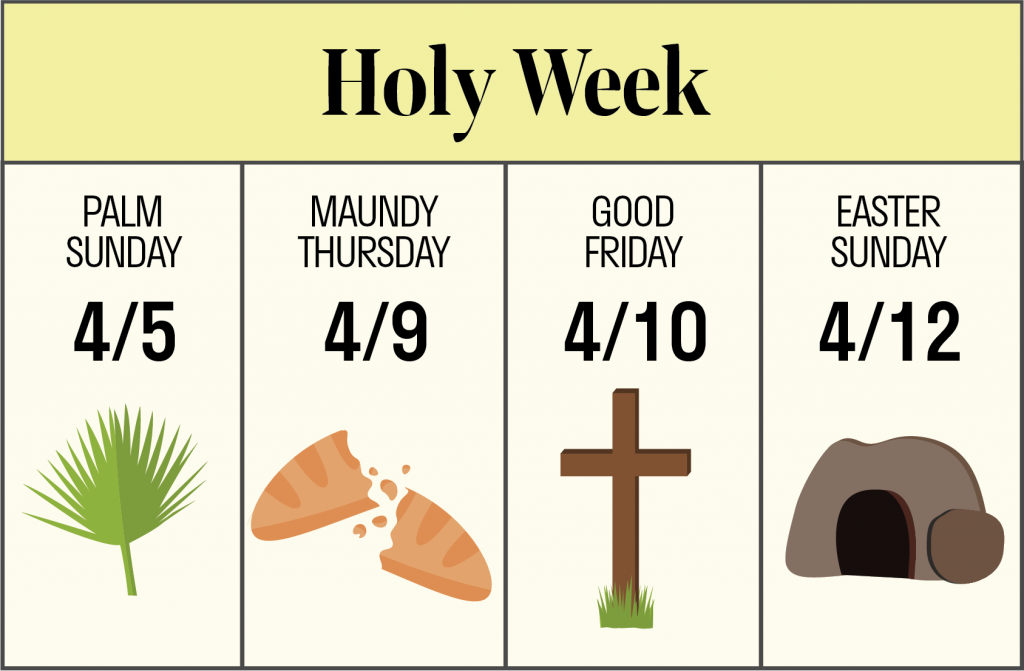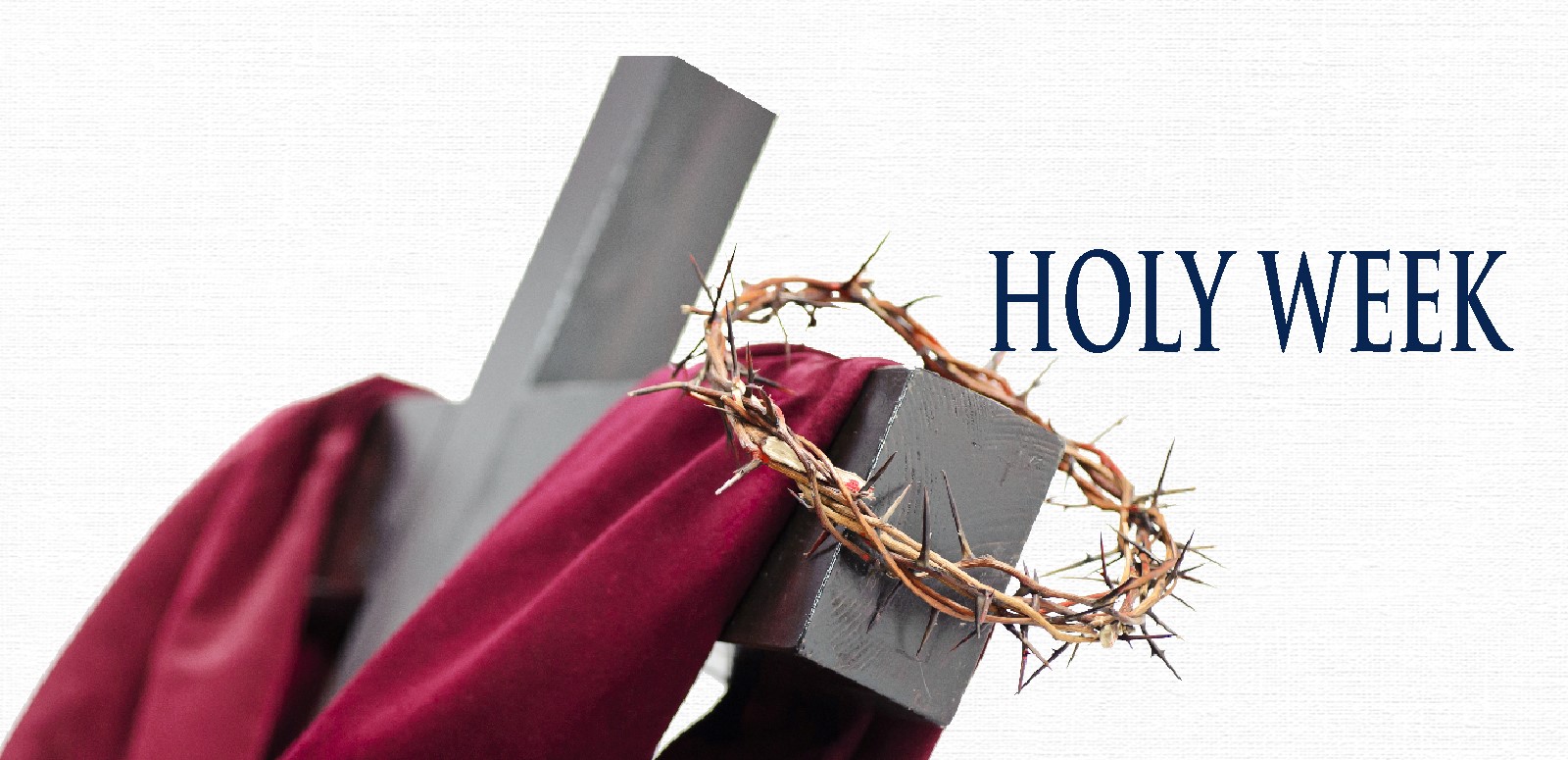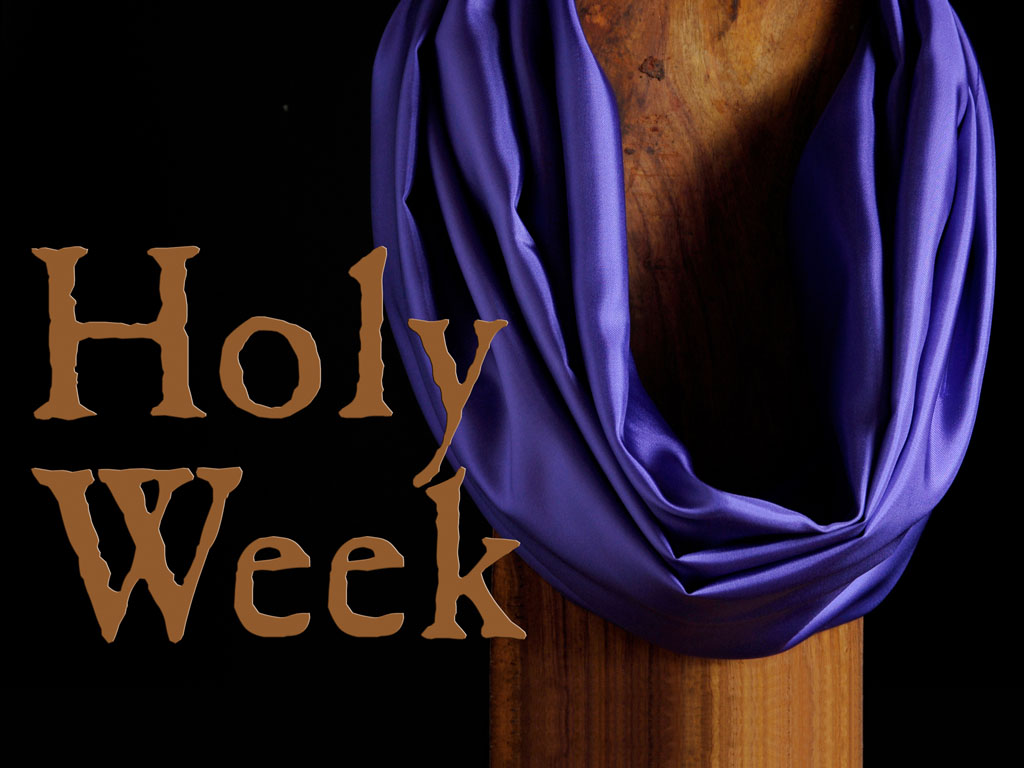As the most pivotal week in the Christian calendar, Holy Week is a period of profound spiritual reflection, commemoration, and celebration. It is a time when believers around the world come together to relive the final days of Jesus Christ's life, from his triumphant entry into Jerusalem to his resurrection on Easter Sunday. In this article, we will delve into the significance of each day of Holy Week, exploring the rich symbolism, traditions, and biblical accounts that underpin this sacred period.
Palm Sunday: The Triumphant Entry
Holy Week begins on Palm Sunday, which commemorates Jesus' triumphant entry into Jerusalem. According to the Gospel accounts, Jesus rode into the city on a donkey, symbolizing humility and peace, as crowds waved palm branches and hailed him as the Messiah. This day marks the beginning of Jesus' journey towards his crucifixion and is a celebration of his kingship and authority.
Monday, Tuesday, and Wednesday: The Days of Preparation
The days following Palm Sunday are often referred to as the "days of preparation." During this time, Jesus taught in the temple, engaging in intense debates with the Pharisees and Sadducees, while also preparing his disciples for the events that would unfold. These days are characterized by a sense of anticipation and foreboding, as Jesus' message of love and redemption is met with resistance and hostility.
Maundy Thursday: The Last Supper
On Maundy Thursday, Christians remember the Last Supper, where Jesus shared a meal with his twelve apostles, instituting the sacrament of Holy Communion. This poignant and intimate moment marked the beginning of the end, as Jesus foretold his betrayal and impending death. The washing of the disciples' feet, a gesture of humility and service, is also commemorated on this day.
Good Friday: The Crucifixion
Good Friday is a day of solemn reflection and mourning, as Christians around the world commemorate the crucifixion of Jesus Christ. The events of this day, including the trial, the scourging, and the crucifixion, are a poignant reminder of the depth of God's love and the sacrifice that Jesus made for humanity. The cross, once a symbol of shame and death, has become an emblem of hope and redemption.
Holy Saturday: The Vigil
Holy Saturday, also known as the Easter Vigil, is a period of waiting and anticipation. As the disciples waited in darkness and uncertainty, Christians today reflect on the significance of Jesus' death and the promise of his resurrection. The Easter Vigil is a time of prayer, reflection, and preparation for the joyous celebration of Easter Sunday.
Easter Sunday: The Resurrection
Easter Sunday, the culmination of Holy Week, is a day of jubilation and triumph. The resurrection of Jesus Christ is a testament to the power of God and the promise of eternal life. As believers around the world celebrate the empty tomb and the risen Lord, they are reminded of the hope and redemption that is available to all through faith in Jesus Christ.
In conclusion, Holy Week is a journey of faith, reflection, and celebration. Each day symbolizes a pivotal moment in the life of Jesus Christ, from his triumphant entry into Jerusalem to his glorious resurrection. As Christians around the world observe this sacred period, they are reminded of the depth of God's love, the significance of Jesus' sacrifice, and the promise of eternal life. Whether you are a devout believer or simply seeking to understand the significance of Holy Week, this period offers a profound opportunity for spiritual growth, reflection, and connection with the divine.









